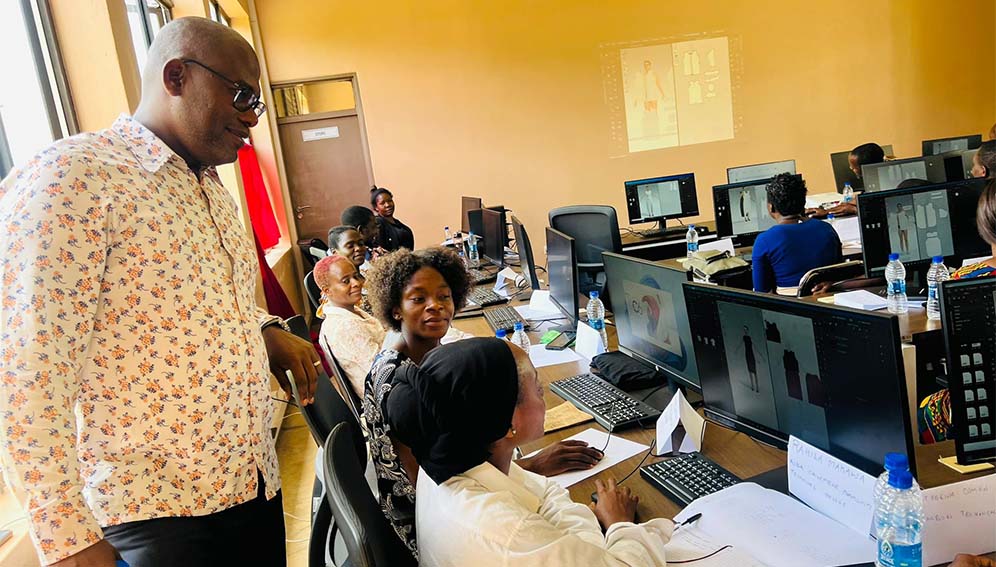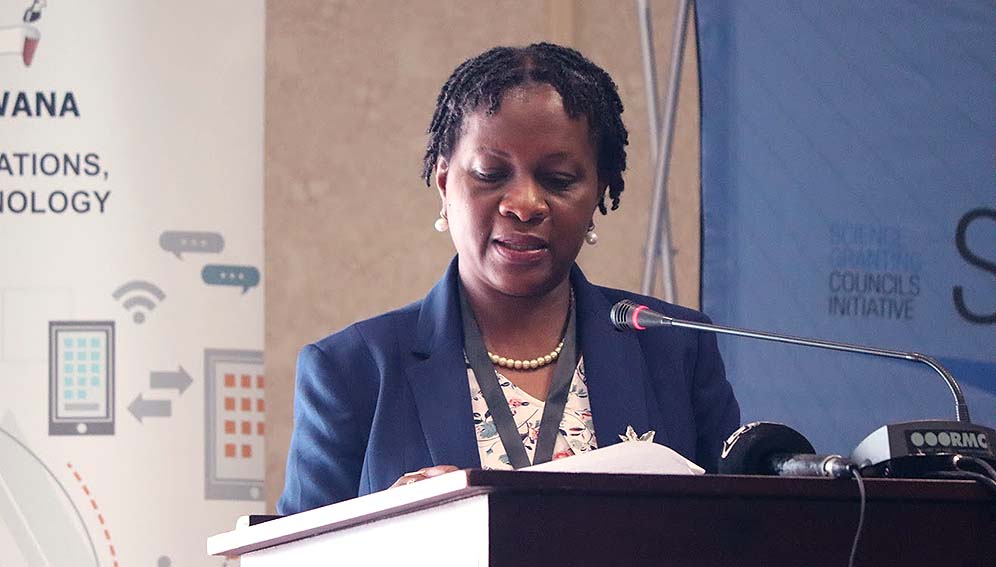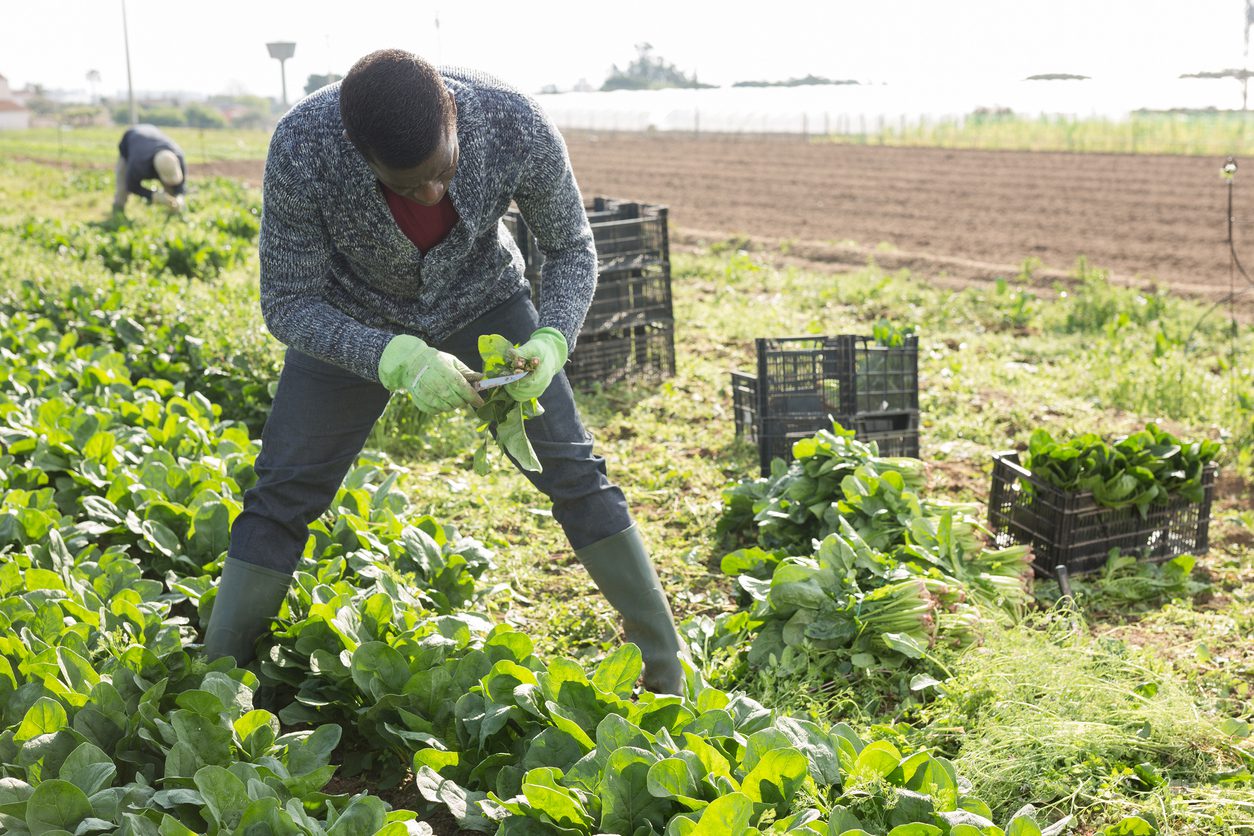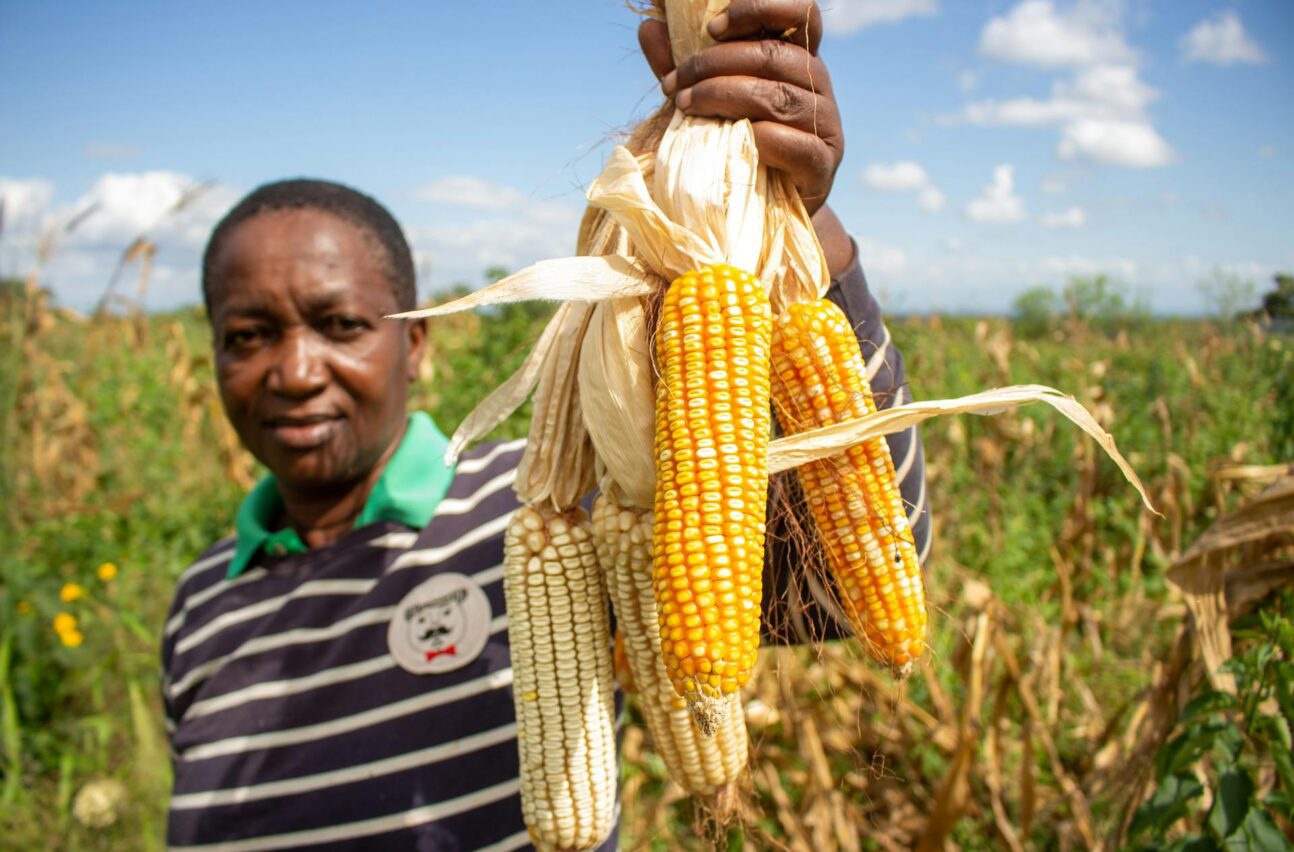Malawi

Uniting Malawi’s innovators: NCST’s push to bridge the coordination gap
How does Malawi move from pockets of innovation to a truly connected national ecosystem? In this interview with the Science Granting Councils Initiative, Isaac Chingwota, acting director for Technology Transfer, Innovation and Commercialisation at the National Commission for Science and Technology (NCST), explains why coordination and data are central to unlocking Malawi’s innovation potential. Malawi…

Strengthening Gender and Inclusivity in Malawi’s STI System
Malawi is taking bold steps to address gender and inclusivity gaps in its national science, technology, and innovation (STI) system. With women and girls making up more than half of the population, Malawi understands that inclusive participation in STI is key to achieving sustainable socio-economic development. Persistent Gaps and Challenges Despite policy efforts, deep-rooted inequalities…

How Malawian council is reshaping its science sector
The Malawi National Commission for Science and Technology (NCST) is changing the country’s scientific landscape. Since becoming operational in 2009, they have grown from a coordinating body into the driving engine behind Malawi’s most significant scientific achievements. Under the leadership of Gift Kadzamira, the director general, the council successfully influenced national policy, as in 2022,…

Embedding gender transfomation in science, technology and innovation
Gender inequalities in science, technology, and innovation (STI) remain a global challenge. Women’s representation dwindles as they proceed through the ‘leaky’ STI pipeline (Huyer, 2019). Addressing gender equality and inclusion (GEI) in STI is an issue of social justice and socio-economic advancement on a national scale. Gender transformation is a UNESCO priority and is embedded…

One of SGCI’s first members, Malawi, is reaping the rewards
In this interview, Gift Kadzamira, Director-General of Malawi’s National Commission for Science and Technology (NCST), outlines the substantial benefits the country’s research ecosystem has gained through the Science Granting Councils Initiative (SGCI). As an early SGCI member since 2015, Malawi has experienced notable growth and transformation. The initiative has provided essential training that has enhanced…

Empowering research and innovation in Malawi
A collaborative research project was conducted in Malawi under the Science Granting Councils Initiative (SGCI). The initiative focused on strengthening the management of research competitions and research on emerging technologies and development. Specifically, it aimed to enhance the capacity of Malawi’s National Commission for Science and Technology (NCST). The project, implemented from 2021 to 2023,…

Empowering Malawi’s rural communities through renewable energy, sustainable agriculture
Project Titles & Institution Areas of Research Number of Projects being funded Project Duration Grant Amount In-Kind Distribution Council Collaboration with other councils

Zimbabwe, Botswana, and Malawi collaborate on science and technology projects
Project Titles & Institutions Areas of Research Biotechnology, mining technology, space science, digital communication technologies, climate smart technologies, AI, agro-processing and renewable energy Number of Projects being funded In-kind Distribution In-kind support (~USD 5K each) covering personnel, communications, transport, etc. Project Duration 15–30 months Council Research Council of Zimbabwe Collaboration with other councils Partnered with Malawi’s…

Biogas plant addresses energy poverty in Malawi
[BLANTYRE, MALAWI] A biogas plant in Malawi has transformed the lives of mothers, girls, and children in local communities by reducing reliance on firewood and providing them with clean and sustainable energy, its developers say. Only ten per cent of the Malawian population has access to electricity while the majority of the population relies on…

Malawi aims to increase ethanol production despite difficulties
Malawi relies on ethanol as a sustainable and economical alternative to imported gasoline. Malawi is working to increase its ethanol production through public-private partnerships with the aim of producing a cheaper, cleaner fuel, according to a senior official. Ethanol, which is made from the starch in corn kernels, transformed into sugar and then fermented, is…

